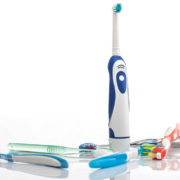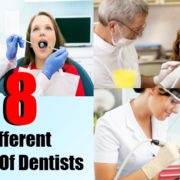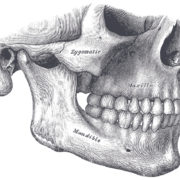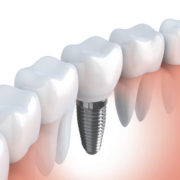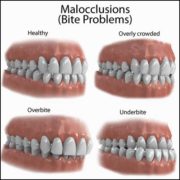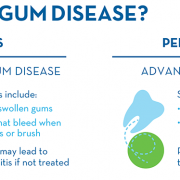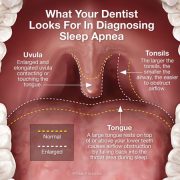Are electric toothbrushes better
We have all been there. Standing in the toothbrush aisle, trying to choose from a very wide variety of toothbrush. Some have tongue scrubbers, others have gum massagers, some are soft bristled, some are not, there are electric and regular ones, and they have multiple size options. It can be overwhelming! The biggest choice you have to make is electric or regular, right? Well electric toothbrushes aren’t just a gadget designed for lazy folks, they actually come with a host of benefits you may not have considered!
They’re fun!
Do you struggle to get your children to brush their teeth every day? If so, you aren’t alone. Some kids absolutely hate it! A possible solution? Electric toothbrushes make it fun for them. It tickles, and is therefore infinitely better than a regular old toothbrush. Additionally, the electric toothbrush will do most of the heavy lifting and get their teeth much cleaner than they would on their own with a normal one. And just like normal toothbrushes, electric toothbrushes for children come with all sorts of fun characters and colors. You’re bound to find one that your child will love.
They’re effective.
If you are a stellar brusher and flosser of teeth, then you probably won’t see a big difference between a regular and electric toothbrush. However, if you are not the best brusher, an electric toothbrush can make a big difference. Up until recently, the two were considered on par with each other. After a series of studies published in 2014, electric toothbrushes actually have the upper hand. Electric toothbrushes also reduced plaque 21% more, and gingivitis 11% more than manual toothbrushes after three months of use.
They’re easier to use.
For some people, the proper brushing technique is difficult to manage. For example, people with arthritis or other manual dexterity problems could have a hard time making the small circles you’re supposed to brush your teeth with. Enter the electric toothbrush, and now the majority of the work falls on the toothbrush.
Should you switch?
Dental professionals that monitored patients using electric toothbrushes reported that a staggering 80% of their patients noted a positive effect on their overall dental health. With those numbers, it’s safe to say that electric toothbrushes are definitely superior to manual toothbrushes. If you would like to switch, but have more questions about the type you should buy, contact Dr. Chauvin’s office. We’ll make sure you make the best choice for your oral health.

